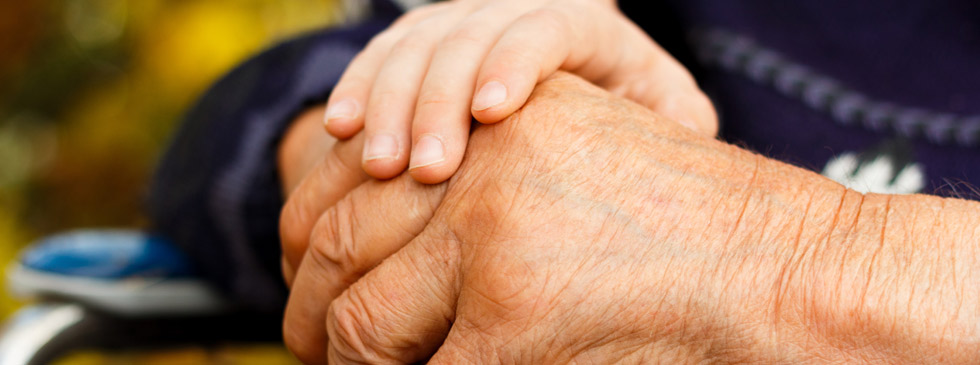12 Foods Your Senior Shouldn’t Live Without
They may seem like common staples for any healthy diet, but the following 12 foods hold special nutritional value for seniors. These items are also versatile enough to be used in a variety of recipes.
1. Oatmeal – A great source of soluble fiber, oatmeal has been shown to help lower blood cholesterol and may reduce the risk of heart disease and stroke.
2. Eggs – With only 75 calories per serving, eggs contain 13 essential vitamins and minerals, including vitamin D, important to absorbing calcium needed for bone strength. Lutein and zeaxanthin found in egg yolks may reduce the risk of cataracts and help prevent macular degeneration.
3. Yogurt – Rich in calcium, yogurt can contribute to the calcium requirement needed to prevent osteoporosis. Good bacteria is added to some yogurt, which may help people with digestive problems that often accompany aging. Mixing yogurt with fortified cereal provides added vitamins, including vitamin B12, which many seniors have difficulty absorbing from foods that naturally contain that vitamin.
4. Blueberries – These blue beauties are among the top fruits and vegetables for antioxidants. Research on aging and Alzheimer’s disease reveals that blueberries may also improve memory and coordination.
5. Apples – The benefits of apples are too numerous to name. The pectin in apples supplies galacturonic acid to the body, which lowers the body’s need for insulin and may help in the management of diabetes.
6. Fish – Bluefish, mackerel, salmon, sardines, trout and tuna (bluefin and albacore) are a low-fat, high-protein source of nutrients. The American Heart Association recommends fatty fish twice a week to improve heart health.
7. Chicken – Poultry is an excellent source of protein that contains less fat that most meats. Chicken, especially breast meat, contains half the fat of a steak. Chicken also has niacin and selenium, which possess cancer-fighting properties.
8. Broccoli – A good source of multiple nutrients including vitamins K, C, E, B and calcium and iron. Broccoli has been found to protect against cancer, heart disease, stroke and macular degeneration.
9. Soy (Edamame) – Nutritionists recommend consuming up to one serving a day or soy as a replacement for foods high in saturated fats. Some studies has shown that soy improves bone health. Be sue to consult your doctor before adding soy to a senior’s diet.
10. Sweet Potatoes & Squash – Sweet potatoes provide beta carotene and vitamins C and E, all of which promote healthy skin, hair and eyesight. Squash is a good source of beta carotene and vitamin C.
11. Rice – As a complex carbohydrate, rice digests slowly, allowing the body to utilize the energy released over a longer period, which is nutritionally efficient. Rice has low sodium content and contains useful quantities of potassium, the B vitamins, thiamin and niacin. Rice contains only a trace of fat, no cholesterol and is gluten free, so it’s suitable for people with celiac disease.
12. Dark Chocolate – Consumed in moderation, this high-calorie, high-fat food may contribute to health benefits such as boosting HDL cholesterol (know as good cholesterol) and lowering blood pressure.
Please note: Always consult a doctor before beginning any diet or nutrition program.

